Eliminate or raise the ceiling on interest expenses to 50% of total net profit
After receiving comments from associations and enterprises on the unreasonable issues in Decree 132/2020 of the Government regulating tax management for enterprises with related-party transactions, the Ministry of Finance issued an official dispatch on the content and amendment process to solicit public opinions.
However, the Ministry only proposed to report to the Government to amend and supplement Point d, Clause 2, Article 5 of Decree 132 to exclude the determination of affiliated relationships in cases where a credit institution or other organization with banking functions (not participating in management, control, capital contribution or investment in the borrowing enterprise or an enterprise and a credit institution or other organization with banking functions not subject to management, control, capital contribution or investment by another party) guarantees or lends capital to another enterprise in any form (including loans from third parties guaranteed by the financial sources of the affiliated party and financial transactions of a similar nature) with the condition that the loan amount is at least equal to 25% of the capital contribution of the owner of the borrowing enterprise and accounts for more than 50% of the total value of the medium and long-term debts of the borrowing enterprise.
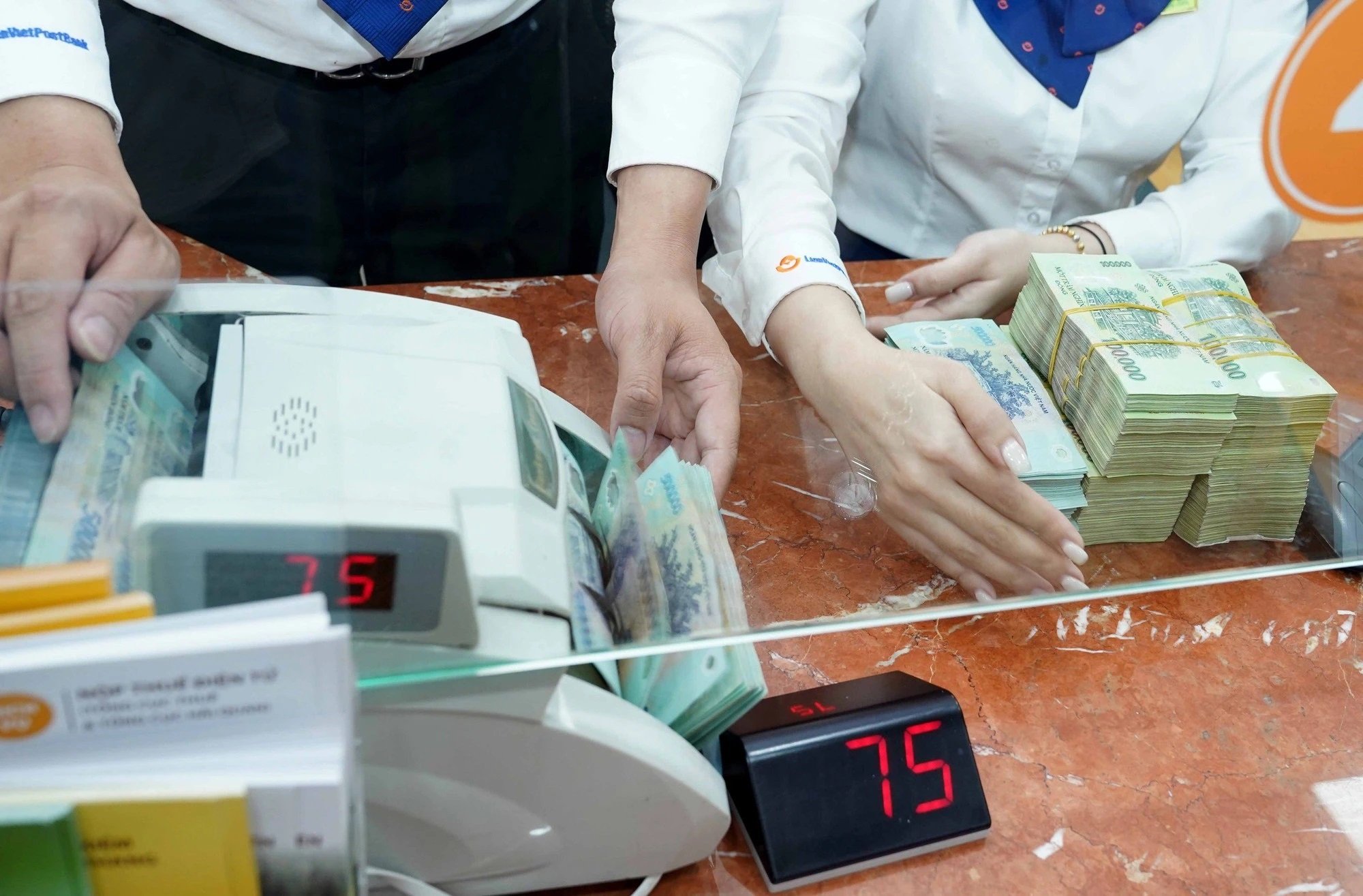
Propose to consider raising the ceiling on interest expenses from 30% to 50% of total net revenue to support Vietnamese enterprises.
Meanwhile, the core contents that many businesses have proposed to be considered and resolved have not been mentioned. That is, removing the ceiling on interest expenses of 30% of the total net profit from business activities in the period plus interest expenses after deducting deposit interest and loan interest arising in the period plus depreciation expenses arising in the period (EBITDA) or considering raising the ratio from 30% to 50%.
According to Ms. Dinh Mai Hanh, Deputy General Director in charge of nationwide transfer pricing consultancy - Deloitte VN, when issuing Decree 132, the Government referred to practices in developed countries to set a 30% interest expense control level. However, this regulation is not currently suitable for the economic context of Vietnam. Therefore, Vietnam can refer to regulations in other countries on this issue. Typically, the US and Japan have increased from 30% to 50% to support businesses affected by the Covid-19 pandemic.
In addition, only the control level is calculated for loans from related parties. The purpose of the regulation on related-party transactions is to manage compliance with the market price principle of these transactions. Therefore, issues related to interest should also be placed in the general spirit of the regulation, which only regulates interest rates between related parties. Similarly, countries such as Korea, Japan, China and Malaysia also only apply to loans from related parties. At the same time, consider increasing the term of interest expense transfer to more than 5 years.
In this regard, Malaysia and the US currently do not limit the number of years for which interest expenses exceeding the ceiling can be transferred, Japan has a regulation of 7 years, and Australia is drafting a draft to transfer to the next 15 years. In addition, Ms. Dinh Mai Hanh emphasized the need to provide more guidance on how to determine and allocate interest expenses exceeding the ceiling and transfer them to the following years in cases where enterprises have many activities with different preferential levels.
Extend the period of interest expense transfer
Decree 132 currently allows companies to transfer interest expenses exceeding 30% for the next 5 years. However, in the period 2020 - 2023, due to the continuous negative impacts of the Covid-19 pandemic, the global economic recession and tight monetary policies, Vietnamese enterprises have encountered many difficulties, with a sharp decline in revenue and profits, while still incurring very high operating costs and interest expenses. Currently, many enterprises are in a difficult situation, with zero profits or losses, and no profits to offset taxes.
At present, domestic and foreign experts predict that the possibility of domestic economic recovery in 2024 is unclear, and businesses still face many difficulties. At the same time, due to unclear regulations, in the past, some tax departments have interpreted them in a way that is unfavorable to businesses. That is, when companies have non-deductible interest expenses from the previous period, they can only transfer them to the tax period in which related-party transactions arise. Thus, if in the following tax periods, businesses do not have related-party transactions, they will not be able to transfer interest expenses exceeding the previous year's ceiling. Therefore, the Ministry of Finance needs to consider proposing that the Government allow extending the transfer period for interest expenses exceeding the prescribed limit to 7 years and apply it to accounting periods from 2019.
Attorney Chau Huy Quang
Dr. Chau Huy Quang, Managing Director of Rajah & Tann LCT VN Law Firm, suggested that it is necessary to review the regulations on interest expenses in Clause 3, Article 16 of Decree 132 to be consistent with reality as well as in the direction of supporting businesses. In particular, it is possible to consider removing the ceiling to control interest expenses or increasing the ceiling to higher than 30% so that businesses can be more proactive and have more opportunities to access and use capital to serve investment and business activities. On the other hand, the regulation on "the time to transfer interest expenses calculated continuously not exceeding 5 years from the year following the year in which non-deductible interest expenses arise" also needs to clarify the basis and appropriateness of this period.
Lawyer Quang analyzed: If within a period of 5 years, there is a year in which the enterprise is not eligible to transfer interest expenses, will that mean that from that year onwards the enterprise will not be able to transfer the remaining interest expenses of previous years because it does not ensure "continuity" when transferring interest expenses? At the same time, the Ministry of Finance should also consider increasing the time to transfer interest expenses from 5 years to 7 years to better suit the current economic situation and practical needs of enterprises.
"Enterprises are eagerly waiting for Decree 132 to be amended and the Ministry of Finance can still speed up the implementation process to submit to the Government because the Prime Minister has also directed implementation from mid-2023," said lawyer Chau Huy Quang.
Agreeing, tax expert - lawyer Tran Xoa emphasized that the regulation on controlling loan interest is applied by countries when the characteristics of foreign enterprises are that they have a lot of money, borrow little, have very low interest rates, and have easy borrowing conditions. Meanwhile, domestic enterprises are completely opposite, have little capital, so they have to use a lot of borrowed capital. At the same time, loan interest rates from Vietnamese banks are always high, so the cost of borrowing is a very large amount of money for enterprises. Thus, Decree 132 "hitting" the cost of borrowing interest is hitting the weakness of domestic enterprises and causing all state-owned or private companies to be "collaterally affected". It is necessary to consider amending the regulation on the ceiling of loan interest costs to remove difficulties for the domestic business community. Moreover, amending unreasonable policies needs to be implemented as quickly as possible in the context that the Government is focusing on many solutions to support enterprises and promote economic growth.
Source link



![[Photo] Students of Binh Minh Primary School enjoy the full moon festival, receiving the joys of childhood](https://vphoto.vietnam.vn/thumb/1200x675/vietnam/resource/IMAGE/2025/10/3/8cf8abef22fe4471be400a818912cb85)


![[Photo] Prime Minister Pham Minh Chinh chairs meeting to deploy overcoming consequences of storm No. 10](https://vphoto.vietnam.vn/thumb/1200x675/vietnam/resource/IMAGE/2025/10/3/544f420dcc844463898fcbef46247d16)



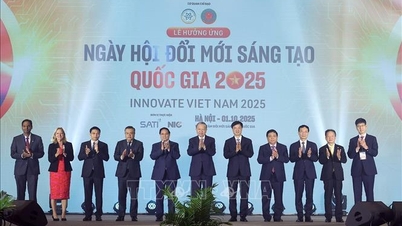

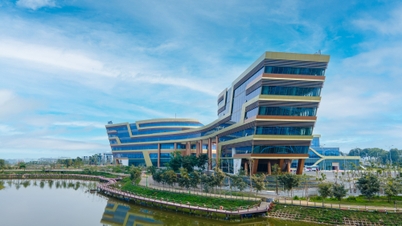

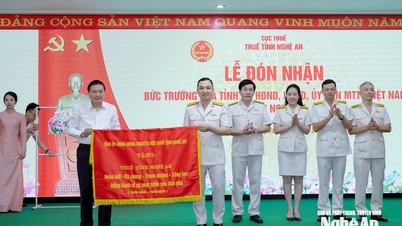



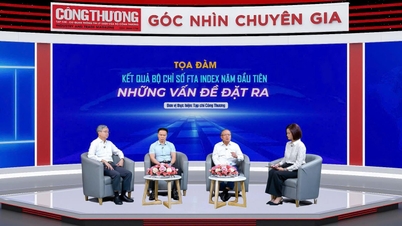

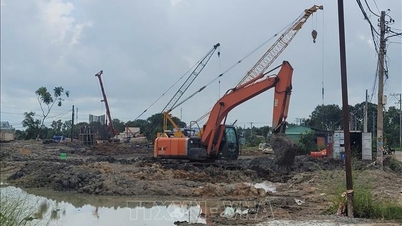
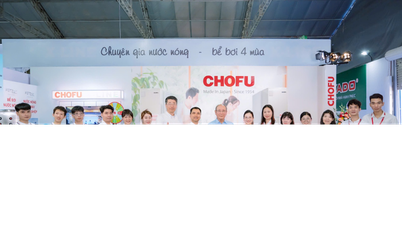

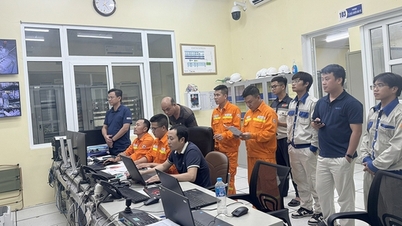








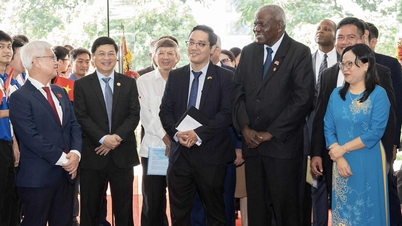































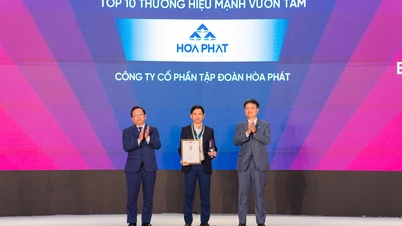










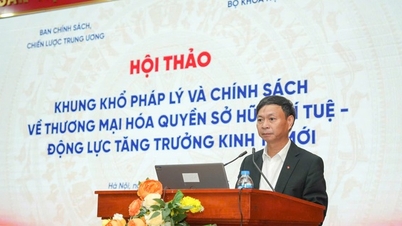




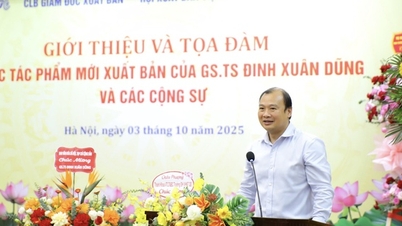





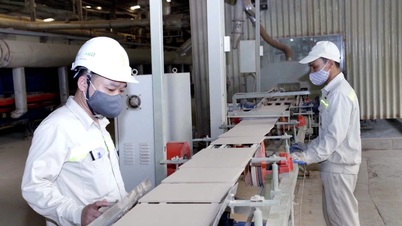




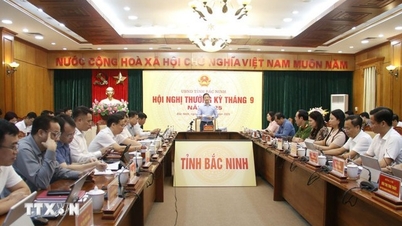












Comment (0)